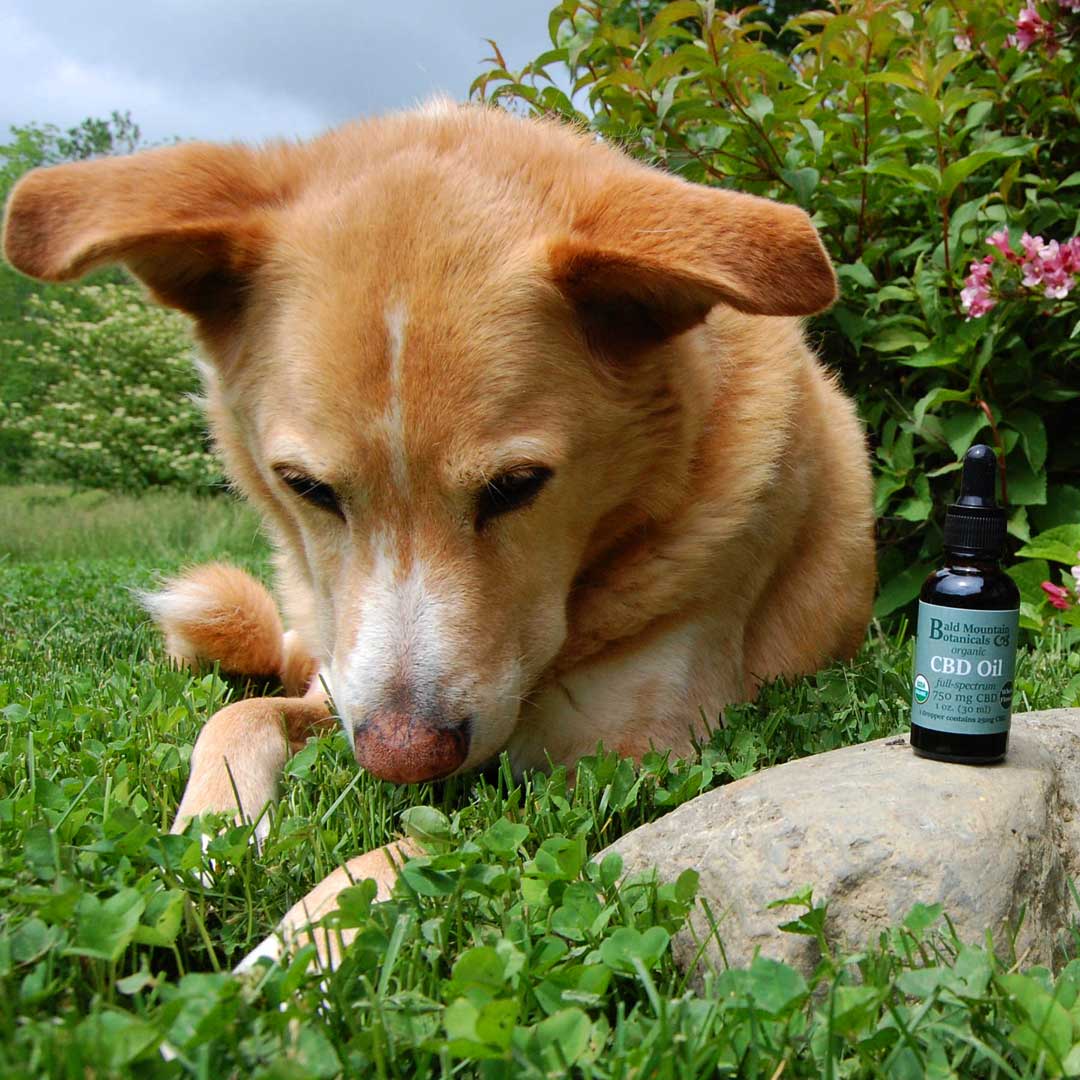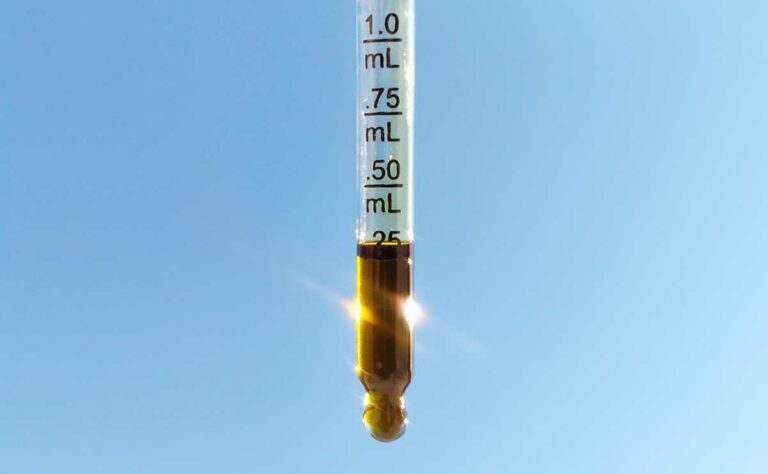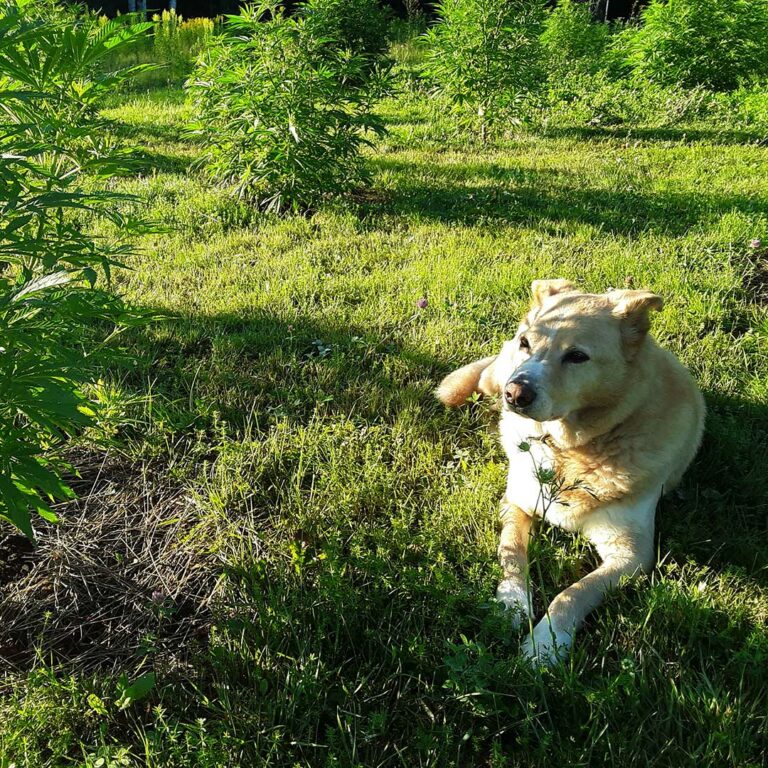Can CBD Help Pets?
Seems like CBD products for pets are everywhere now but are they for real? Can CBD actually help a dog or cat? Or is pet CBD just another marketing gimmick?
Veterinary researchers are just starting to study how CBD affects domestic animals. Some of these scientists report that CBD can indeed help treat certain conditions like chronic pain, osteoarthritis, anxiety, skin irritation, and seizures in animals. We’ll certainly learn more as they continue to investigate.
Many pet owners who’ve tried CBD on their pets will tell you the benefits are real and can even be transformative.
Let’s take a closer look at what we know about CBD and pets to help you decide if CBD might help your companion.
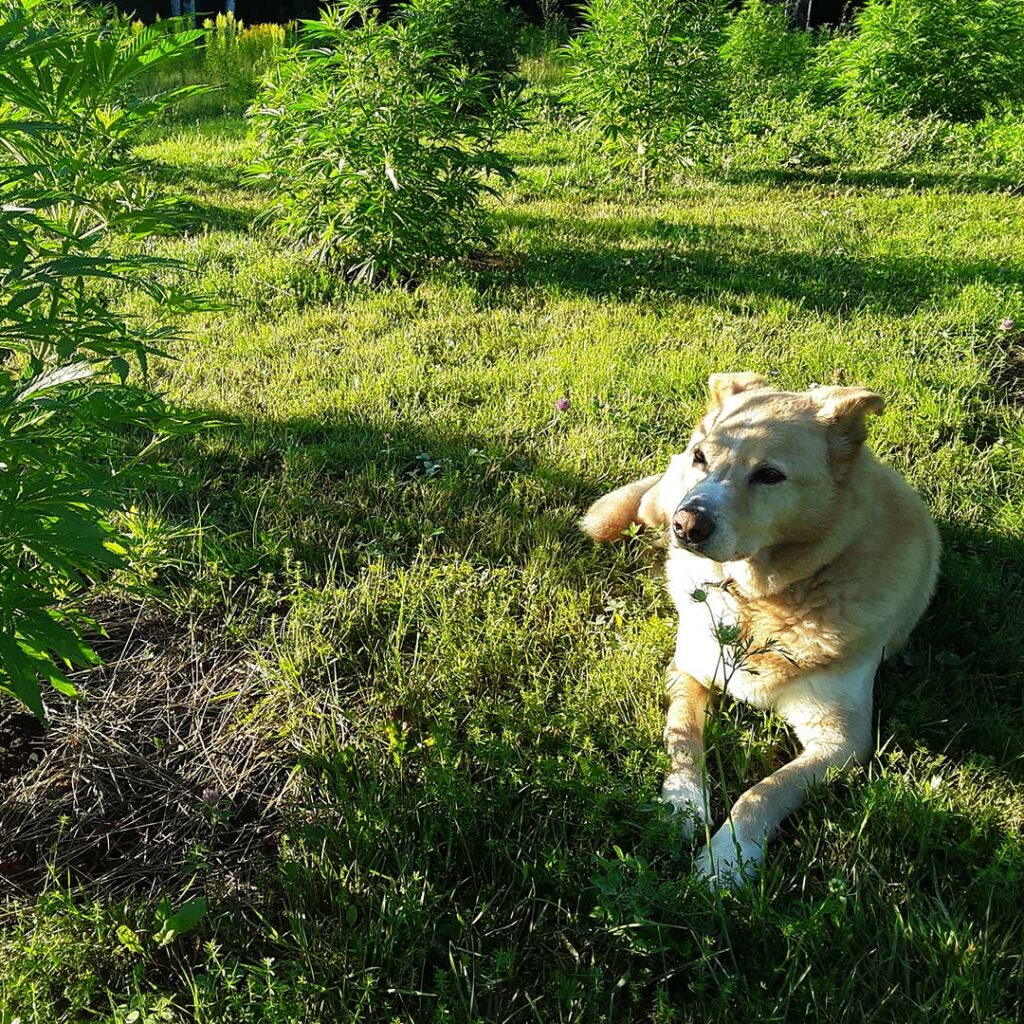
The Endocannabinoid System in Animals
CBD works by interacting with the Endocannabinoid System (ECS) in humans, and it turns out that this crucial regulatory system is shared by many other animals. So it’s not surprising that CBD would also affect your dog or cat.
It turns out that CBD appears to be useful in treating similar conditions in both humans and animals. For example, CBD’s strong anti-inflammatory properties can relieve arthritis in pets just as it can in people.
What Does the Research Say About CBD and Pets?
One of the first studies of CBD and pets was done at Cornell University, observing that CBD helped most dogs in the study manage chronic pain. CBD relieved symptoms in more than 80% of the dogs with osteoarthritis, allowing them to be more comfortable and active.
Another study conducted by a team at Colorado State University used CBD to control canine epilepsy (CBD is actually FDA-approved to treat certain forms of pediatric epilepsy in humans). The results were promising: CBD reduced the frequency of seizures in 89% of the dogs who participated in the study.
The animal therapeutics company CannPal tested CBD to treat dogs with atopy (a skin allergy that makes dogs itch and scratch/chew). After 1 month, 65% of the dogs receiving CBD had at least a 50% decrease in itching and chewing. In half of those cases, CBD appeared to eliminate itching entirely.
Based on these and other studies, Dr. Joseph J. Wakshlag, section chief and professor of clinical nutrition at Cornell University’s Canine Health Center and lead researcher in the Cornell study mentioned above, says veterinarians can now recommend and discuss CBD oil with all clients. We still have more to learn but professional veterinarians now consider CBD to be a safe and potentially effective option.
What do Pet Owners Say about CBD and Pets?
Many folks with dogs, cats, or other animals have tried CBD to treat various conditions. The most common target for CBD treatment is probably arthritis, since it affects and potentially debilitates so many older pets. Anecdotally, quite a number of pet owners report their arthritic pets seem more comfortable, active, and lively after administering CBD. One of my own customers claims that CBD had made several of his geriatric dogs much more active, playful, even “puppy-like.”
Another common condition pet owners use CBD to treat is anxiety. CBD’s anxiolytic effects are well-known in humans and appear to work well in animals as well. Some owners will administer CBD before an anxiety-inducing event or activity like visiting the vet. or a thunderstorm. In a study conducted at Cornell by ElleVet Sciences, dogs were given CBD chews prior to a stressful event, and 83% showed a decrease in stress or anxiety-related behaviors.
A third common use is to reduce inflammation and discomfort after an injury. Some pet owners will use CBD to help ease an injured pet during recovery and keep inflammation from getting out of hand. This can sometimes make the experience more comfortable and hasten healing.
Finally, some pet owners have used CBD to treat pets with cancer, sometimes in combination with more conventional treatments. This is a controversial application since there really isn’t conclusive data on this topic. But some pet owners attest that CBD has helped their pets overcome cancer or at least extended their lives. This is definitely an area of great possibility that needs much more scientific research.

Does CBD Pose Risks to Pets?
The short answer is we don’t know with 100% certainty but CBD appears to be very well-tolerated with minimal risks or serious side effects, based on current research to date and anecdotal evidence.
However, there are a few important considerations to keep in mind. First, always discuss CBD with your veterinarian before giving it to your pet. CBD can effect certain enzymes (cytochrome P450s and alkaline phosphatase, for example) that may be involved in metabolizing certain medications. This could potentially interfere with the medication’s efficacy. You can sometimes avoid this problem by timing the CBD dose so it doesn’t coincide with the other medication, but this is definitely something to discuss with your vet first.
Second, dosing is important but there isn’t yet consensus on this topic. In the Cornell canine arthritis study cited above, the dogs were given 2 milligrams of CBD per kilogram of body weight twice per day (so a 50 lb. dog would get 45mg CBD twice daily). While the results in that study were very good, it’s possible that the dose could be lower and still be effective.
The goal, as with people, should be to find the “minimum effective dose” needed to achieve the desired results. Using the “start low and go slow” rule of thumb when searching for the minimum effective dose, many pet owners begin at 0.25-0.5mg CBD per kg of body weight, then slowly titrate up until they observe the results they’re looking for.
Finally, use a quality CBD product that’s been tested for potency and purity. Unfortunately there are CBD products being sold that don’t actually contain the amount of CBD shown on the label. Even more alarming, a number of investigations of CBD products have turned up contaminants like heavy metals or pesticides. Ideally, stick with certified organic products tested by an independent laboratory, and make sure to check the lab test report (also known as a COA) before buying any product.
A full spectrum CBD product made from whole flower will generally be more effective at lower doses than other CBD products. While full-spectrum CBD contains a minute amount of THC–which can be toxic to dogs at high doses–a small amount of THC is well-tolerated and can help boost the efficacy of CBD (The Cornell study of dogs with arthritis used full-spectrum CBD at the rate of 2mg of CBD per kg of body weight).
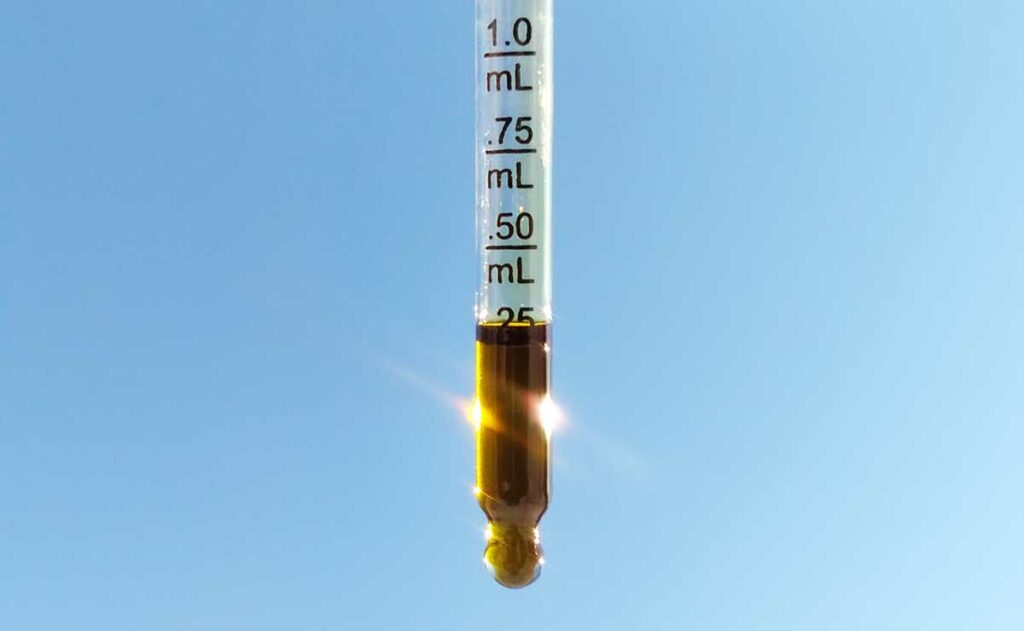
How Do I Administer CBD to My Pet?
There are all kinds of special CBD products just for pets, sometimes with flavorings added, but there’s no reason you can’t just use a quality CBD oil. It’s easy to add CBD oil to your pet’s food or a treat and they generally don’t seem to mind the addition. Giving CBD with food also helps activate the medicine more quickly.
Concluding Thoughts on CBD and Pets
While there’s plenty of evidence that CBD can be an effective treatment for number of conditions affecting pets, and the risks appear minimal, ultimately it’s a decision that you have to make on behalf of your pet. Discuss it with your veterinarian first and make sure to only use a quality lab-tested product from a reputable source.
Resources
- “CBD: What you need to know about its uses and efficacy for canines” (Cornell University Canine Health Center)
- “Cannabinoid, Terpene, and Heavy Metal Analysis of 29 Over-the-Counter Commercial Veterinary Hemp Supplements” (research study published in Vet Med 4/15/20)
- “Pharmacokinetics, Safety, and Clinical Efficacy of Cannabidiol Treatment in Osteoarthritic Dogs,” Frontiers in Veterinary Science, 22 July 2018
- “Cannabidiol-based natural health products for companion animals: Recent advances in the management of anxiety, pain, and inflammation” Res Vet Sci. November 2021.


